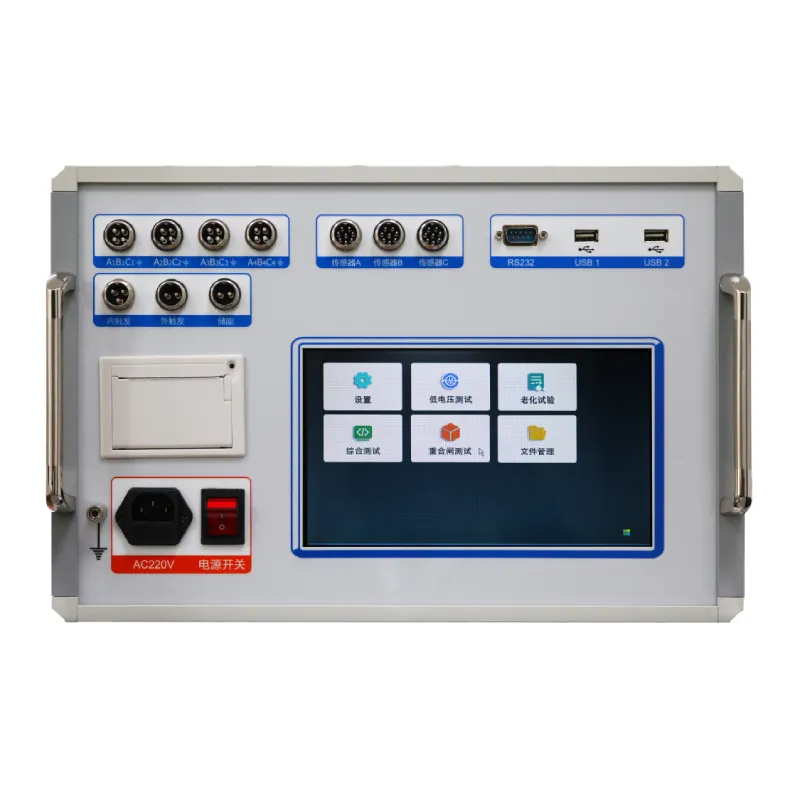 English
English


flash point tester pensky martens
Understanding the Flash Point Tester Pensky-Martens Method
Flash point is a crucial parameter in determining the flammability and safety of various liquids, particularly in industries such as petroleum, chemicals, and pharmaceuticals. The flash point is defined as the lowest temperature at which a liquid can vaporize to form an ignitable mixture in air. The Pensky-Martens flash point tester is a widely used apparatus for determining the flash point of liquids, particularly those that are more viscous or have higher boiling points.
The Pensky-Martens method is recognized for its ability to measure the flash point of various types of oils and fuels under controlled conditions. This method offers several advantages over other testing methods, such as the open cup flash point test, which may be less safe and provide less accurate results under different environmental conditions. The Pensky-Martens tester operates on the principle of heating a liquid sample in a closed cup while simultaneously exposing it to an ignition source.
How the Pensky-Martens Tester Works
The apparatus consists of a test cup, a heating mechanism, and a closure with an ignition source. The test sample is placed in the test cup, which is then heated using a controlled heating system. As the temperature of the liquid increases, vapors are generated above the surface. A thermometer is used to monitor the temperature closely. The ignition source, typically an electric spark or flame, is introduced at regular intervals.
The primary objective is to identify the temperature at which vapors ignite. The tester features an automatic ignition source that can be activated easily. The critical aspect of the Pensky-Martens method is its ability to measure the flash point under conditions that mitigate risks. The closed cup design minimizes the escape of vapors and reduces the risk of accidental ignition.
flash point tester pensky martens

Applications and Importance
The determination of flash points via the Pensky-Martens method is essential for various applications. In the petroleum industry, knowing the flash point helps in classifying fuels and ensuring compliance with safety regulations. Similarly, in the chemical manufacturing sector, understanding the flammability of solvents and raw materials is crucial for workplace safety and environmental protection.
Moreover, the flash point of a substance can significantly influence its storage and transport conditions. Chemicals with low flash points may require special handling protocols to mitigate risks of fire or explosion. Therefore, regulatory bodies often mandate flash point testing as part of safety assessments for hazardous materials.
Conclusion
Overall, the Pensky-Martens flash point tester is an indispensable tool in managing the risks associated with flammable liquids. By providing accurate and reliable measurements of flash points, it plays a vital role in maintaining industrial safety standards and protecting both workers and the environment. The method's straightforward operation, coupled with its ability to produce precise results, continues to make it a preferred choice in labs and industries worldwide. Understanding flash points and monitoring them accurately ensures a proactive approach to fire safety, enhancing the overall safety culture within various sectors.
-
Differences between open cup flash point tester and closed cup flash point testerNewsOct.31,2024
-
The Reliable Load Tap ChangerNewsOct.23,2024
-
The Essential Guide to Hipot TestersNewsOct.23,2024
-
The Digital Insulation TesterNewsOct.23,2024
-
The Best Earth Loop Impedance Tester for SaleNewsOct.23,2024
-
Tan Delta Tester--The Essential Tool for Electrical Insulation TestingNewsOct.23,2024





